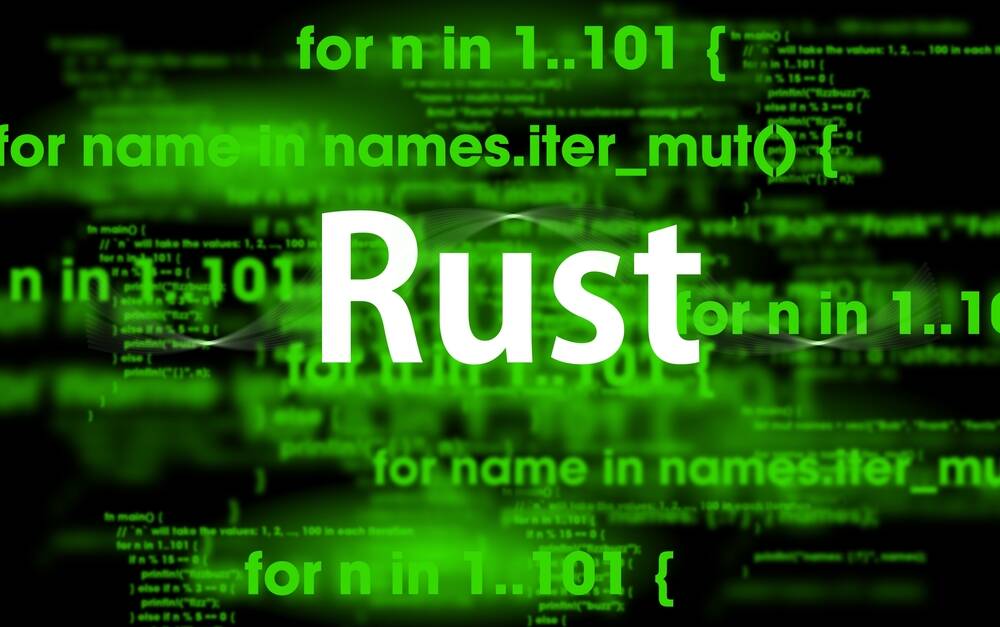Google recently rewrote the firmware for protected virtual machines in its Android Virtualization Framework using the Rust programming language and wants you to do the same, assuming you deal with firmware.
In a write-up on Thursday, Android engineers Ivan Lozano and Dominik Maier dig into the technical details of replacing legacy C and C++ code with Rust.
“You’ll see how easy it is to boost security with drop-in Rust replacements, and we’ll even demonstrate how the Rust toolchain can handle specialized bare-metal targets,” said Lozano and Maier.
Easy is not a term commonly heard with regard to a programming language known for its steep learning curve.
Nor is it easy to get C and C++ developers to see the world with Rust-tinted lenses. Just last week, one of the maintainers of the Rust for Linux project - created to work Rust code into the C-based Linux kernel - stepped down, citing resistance from Linux kernel developers.
“Here’s the thing, you’re not going to force all of us to learn Rust,” said a Linux kernel contributor during a lively discussion earlier this year at a conference.



That’s fair. To be clear, I meant minimal experience with the Rust programming language. I’ve mainly tinkered with ESP32 types of MCUs in Arduino and CircuitPython when it comes to firmware, but have much more software experience. In some ways, I found the little bit of Rust that I tried easier because of the tooling - defaulting to a CLI tool to flash rather than an IDE is much more comfortable for me.
I’ve been meaning to play with rust, and I’ve always enjoyed tinkering with various MCUs… Although I’m not very strong with firmware/embedded programming.
Do you think programming an ESP32 is a good project for learning rust?
Any suggested place to start? (Tutorials, YouTube Vida etc)